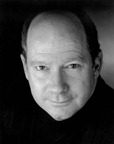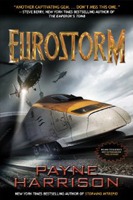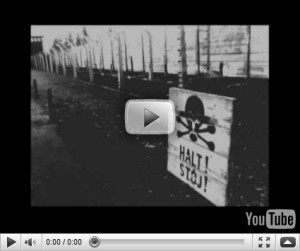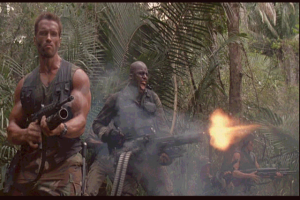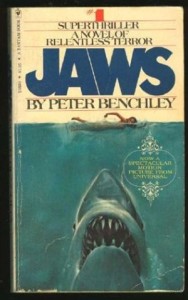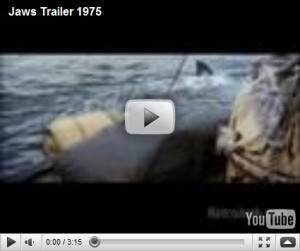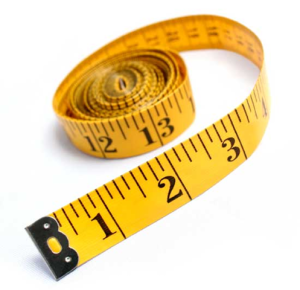We continue our first-page critiques with the anonymous submission: A Pearl of Great Price.
“Fug,” Jasper Moore muttered under his breath. It felt good. He hadn’t worked himself up to saying the real f-word, but he would. It was damn hard to get past all those years of living with Prissy Miss Minnie. If she’d even heard him say “fug,” she’d look like she was passing a pig from her butt.
He looked down at the bulging gut hanging over his dungarees, his hairy freckled arms, his fingernails dark with grease. That was who he was. His damn job kept him hovering over dirty engines twelve hours a day, this damn house always needed something fixed, and his damn wife wouldn’t even let him say “damn.” Don’t forget the damn church was sucking him dry and scaring the pee out of him. And those awful snake dreams. Snakes crawling all over him, sticking their long fangs deep in his arms. It was enough to make a man run screaming for his life.
He looked down at the large grease stains on the garage floor. This was the only place in the house that was his. Minnie had claimed everything else with lace doilies, prim little pink flowerdy furniture, and pictures of that pansy-assed Jesus. Christ on a barbecue. Except it was him, not Christ, that was roasted—every single goddam day.
Reaching past the canvas tarps covering a five-gallon bucket, he grabbed a hot Budweiser, dragging it out through the empties. A man couldn’t even drink in his own home. Had to hide it from the little woman who said drinking was a mark of the beast. Well, he’d show her who the beast was when she got home from that stinkin’ church. The Tabernacle of the Children of the Only Real Living Lord with Signs Following. Huh. One of these days he’d tell her just what that damn Tabernacle was all about. One of these days. He took a gulp of the hot beer and wiped his mouth his left hand.
A creak from the back door startled him. A man stood against the light from outside, so Jasper couldn’t make out who it was. The only light in the garage came from the open doorway and the grimy window above his workbench.
“What the heck?” He didn’t like anybody to sneak up on him. His heart pounded in his chest. The man was about the size of his stinkin’ father-in-law, the man who made it clear that Jasper wasn’t anywheres near good enough for his precious daughter. Hell. He was too good for that little tight-assed prude. Then, Jasper realized the man hadn’t said nothing. He had to hold tight to the Bud to keep it from slipping out of his hands.
“What you doin’ here? Ain’t good manners to sneak up on a man quiet-like.” Still nothing.
“Now, looka here. Just what the heck you want?” Jasper felt a weight in his chest. “Why, Jathper, we gonna have uth a little talk. You know the kind.” The man’s calm voice spooked Jasper, who recognized that lisp from the Tabernacle and the trips the took to the beach. Only one man talked like that—Flembo Reeves. He held a large wooden box in front of him, one like the snake-holding boxes the Tabernacle used. Weird rattling and bumping sounds came from the box.
Jasper’s heart thumped even harder. You coulda called, you know. I’m busy right now. Got stuff to do here. And what you doin’ here with that box anyway? Them things belong in the Tabernacle, not in a person’s home.” He looked down at the Budweiser in his hand.
“Oh, I coulda called. But I wanted to thurprithe you. Juth like I have. Don’t you like thurprithes, Jathper?” Jasper’s hands shook, as he crushed the beer can in his hand. Damn Flembo scared him like the snakes did.
I have mixed feelings about this one; I want to like it but I don’t. What I do like is that it contains an interesting voice with an edgy taste of humor, but the humor is walking a tightrope between appealing and raw. Like so many of our first-page submissions, this one is top heavy with exposition. I feel like I’m being forced to like Jasper. And like many other submissions, I believe the writer has started in the wrong place. As Jim previously stated, start with your character in motion, then drop back and explain. Or as he also puts it: Act first, explain later.
Possibly a better place to start would be somewhere around the fifth paragraph; A creak from the back door startled him. Of course, the writer would have to massage it a bit, but that would be my call.
Also, there are missing quote marks, missing words, and a couple of typos. Here’s a tip: proofread your submission before you send it to anyone; agent, editor, whoever.
Finally, be VERY careful using colloquialisms and characters with speak impediments. Strange or unusually spelled words will stop the reader’s eye cold. They are the equivalent of roadblocks placed in the sentence to cause the reader to slow down, pause or stop altogether. Never make the reader work at reading. There are too many other books out there that that your reader can choose from. Is it really so vital to THE STORY that you let the words get in the way?
I think with a little bit of work, this could be smoothed out. I would strive to let that unique voice come through that right now seems to be hiding just below the surface.
Other’s reactions? Would you keep reading?
 We often discuss the different elements of writing fiction here at TKZ. Topics such as plot, narration, characterization, dialog, and point of view are just a few that come up now and then. But a topic that’s not touched on as often is theme. Theme is usually a global statement on what a book is about. Theme goes beyond plot by conveying the message that supports the structure of the story. In many instances, it expresses a lofty idea usually revolving around human emotions or life in general.
We often discuss the different elements of writing fiction here at TKZ. Topics such as plot, narration, characterization, dialog, and point of view are just a few that come up now and then. But a topic that’s not touched on as often is theme. Theme is usually a global statement on what a book is about. Theme goes beyond plot by conveying the message that supports the structure of the story. In many instances, it expresses a lofty idea usually revolving around human emotions or life in general.
